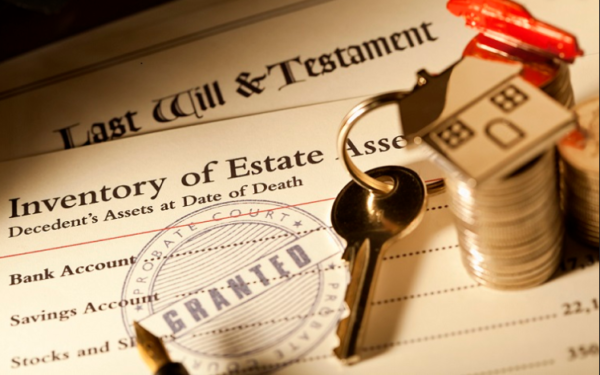If I had to pick the most frequently asked question in my Estate Planning practice this would be it. Do I Need a Living Will, Healthcare Directive and DNR Order? The answer: Yes. No. Maybe So. I know, not helpful. Like many things there’s more to it. For starters, many people assume they are all the same document, but they are very different. With that in mind I decided to write this blog to look at each one separately and discuss when or why you may want each.
Living Will
A Living Will, also known as an Advanced Directive, is a legal document that allows you to clearly indicate your wishes for end-of-life medical care in the event you become incapacitated and there is no hope of meaningful quality of life even if you survive. The Living Will applies only if you can no longer state your wishes. I often refer to this as the “there is no hope, pull the plug” document and I really believe every adult should have one.
People of any age and even those in good health NEED to have a living will done and make sure it is easily accessible in the event of a medical emergency or accident. Once completed make sure your loved ones know your wishes and give your primary physician and local hospital a copy to keep in your medical file so your wishes can indeed be carried out. Not convinced? Take a moment and read about Terry Schiavo.
Healthcare Directive
A Healthcare Directive, also called Healthcare Surrogate or Power of Attorney, is a legal document in which you name a person to act as an agent for you and make your medical decisions in the event you are unable to do so yourself. It also allows this person to communicate with healthcare providers and receive medical records that would otherwise be precluded under HIPAA regulations.
A Healthcare Directive can be as simple or as complicated as you want it to be in regards to your care. It can include your input on life support equipment, blood transfusions, long-term care facilities and so forth or a more generalized power over all things healthcare. A healthcare directive is beneficial to anyone at any age because medical emergencies can occur at any time. I strongly encourage this document be included in any Estate Planning you do.
DNR
A DNR is a Do-Not-Resuscitate order. Written by a medical doctor, it instructs any other healthcare providers to not perform CPR (cardiopulmonary resuscitation) or any other extraordinary lifesaving measures in the event a patient stops breathing or if a patient’s heart stops beating. A DNR is attached predominately to a patient’s file and if you are a caregiver it is something you would want to make all providers aware of as, of course, the medical providers’ inclination is to save lives at any cost.
When would this be needed? In general, most people don’t require this document if they are in good overall health. If someone suffers from terminal illness or is elderly, a DNR may be appropriate. As an example, an elderly gentleman who resides in a nursing home and who is suffering from dementia may have his life sustained by CPR, but the lifesaving act itself can break bones or cause additional problems that result in an even worse quality of life.
Decisions
Ultimately, you need to decide which document or documents you want to have in place and then there’s the hard part…. act on it 🙂 . If you just aren’t sure and want to talk through it all, give me a call and we can sit down (free of charge) and I can go over the finer points. In the meanwhile, remember, if a medical emergency ever arises your loved ones will already be under enough stress without having to make these major life decisions for you, it truly is a gift for you to make your wishes clear by having these documents taken care of now.
P.S. While having this conversation is always a good time to consider things like organ donation http://www.organdonor.gov, if you haven’t already!

About Heidi S. Webb, Attorney at Law: Heidi Webb is an estate planning and small business attorney located in Daytona Beach, Florida. See what clients are saying about Heidi, follow her on Facebook, and connect with her on Google+ or LinkedIn.




